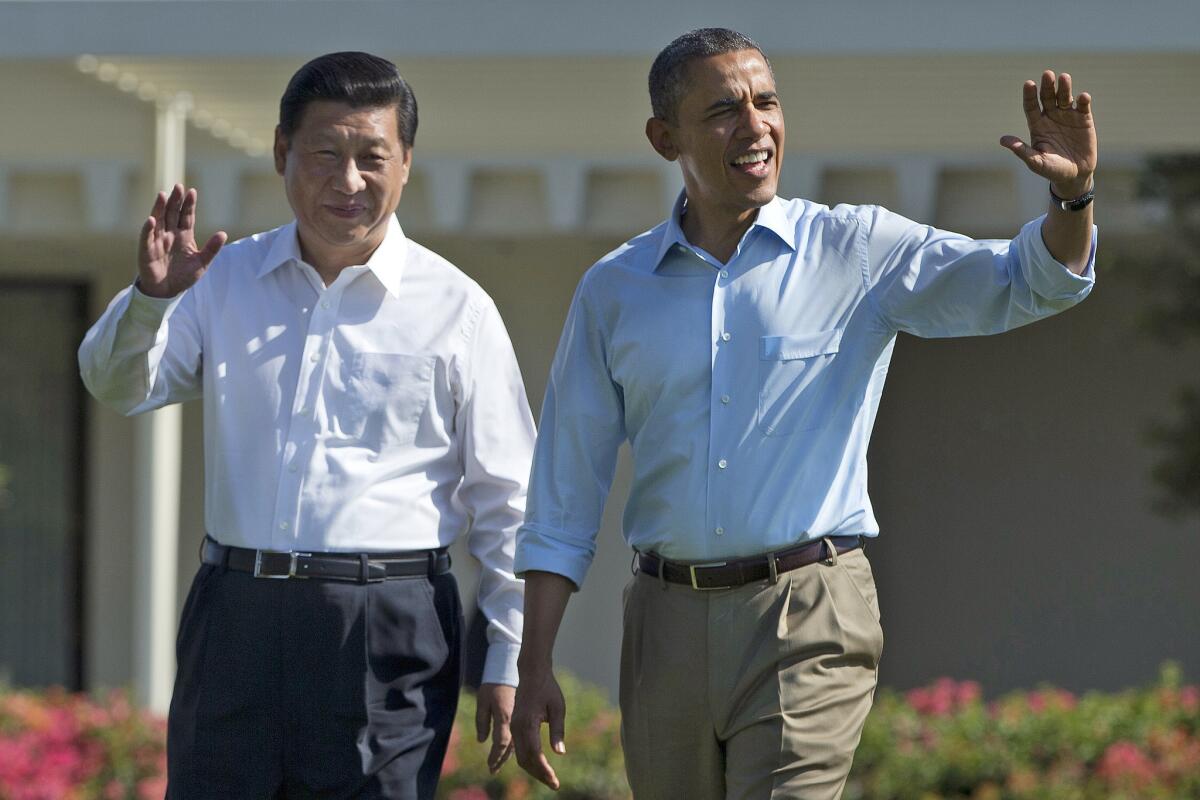European Union makes frail move to stem cyber attacks

- Share via
By 2015, countries in the European Union must toughen penalties for people convicted of cyber hacking under a directive approved by union leaders this week.
But the stiffer prison sentences aren’t likely to have much of an effect without more cooperation between countries being attacked and the countries that are home to many malicious hackers.
Security experts say many attacks originate from countries in Eastern Europe and South Asia and nations such as Russia and China. In these spots, hackers often brag about being untouchable by Western authorities. And they market their abilities to interested parties around the globe, offering attacks as a service.
Photos: Six things rich tech execs splurge on
Still, the penalties in the EU will be more in line with those in the U.S. as the two countries try to work together to combat cyber crime.
Recent discussions in Congress have focused on actually reducing some penalties by more clearing defining terms in the Computer Fraud and Abuse Act, the nation’s main cyber-security law. The idea is to separate misuse of data from the stealing of data and to ensure penalties are more commensurate with the crime.
U.S. lawmakers also are considering bills that would target specific offshore hackers by giving authorities more flexibility to freeze bank accounts and to create other financial disincentives.
The EU’s new maximum sentence for trying to break into personal or business computers will be two years in prison. Intrusions that lead to data or financial breaches are set a three-year sentence. The maximum rises to five years for illegally entering computers linked to critical infrastructure or the government.
ALSO:
Bitcoin community reacts to Winklevoss public offering plans
NSA spying fuels EU concerns about U.S.-based cloud services
Apps assess value of Gmail account to hackers, maps circle of friends
More to Read
Inside the business of entertainment
The Wide Shot brings you news, analysis and insights on everything from streaming wars to production — and what it all means for the future.
You may occasionally receive promotional content from the Los Angeles Times.










